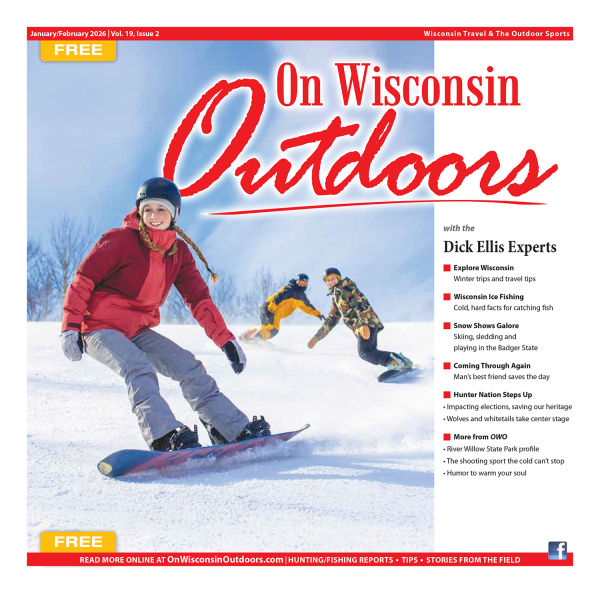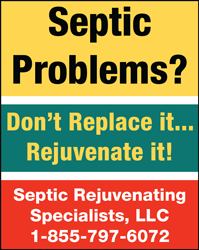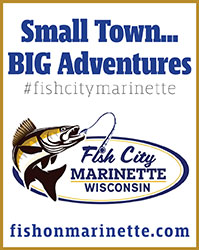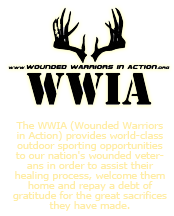DNR finalizes lead service line replacement program: application deadline approaching
MADISON, Wis. - Following a public comment period that ended May 10, the Wisconsin Department of Natural Resources is preparing to implement its plan to make $11.8 million available to municipalities to help remove old lead service lines that bring drinking water into homes.
The Lead Service Line Replacement Funding program, the first of its kind in the region, reflects DNR's commitment to safe drinking water and addresses the financial barriers facing communities where lead service lines continue to deliver drinking water to residences, schools and licensed daycare centers. These service lines extend from the main street pipes owned by local utilities onto private property and into homes, schools and day care centers.
"Wisconsin is again in the lead, moving rapidly to implement solutions that address the needs of communities and individuals," said DNR Secretary Cathy Stepp. "Governor Scott Walker asked us to rise to the challenge of helping the most communities possible and by using the funding available; we have taken a significant step forward to ensure clean, safe drinking water across the state."
The DNR program takes advantage of a recent decision by the U.S. Environmental Protection Agency that allows greater flexibility in allocating loan funds for water infrastructure projects. Through the state's Safe Drinking Water Loan Program, DNR now has the ability to provide disadvantaged municipalities with significant funding to help cover the costs of lead service line replacements on private property.
June 30, 2016 is the deadline for municipalities to apply for the upcoming state fiscal year's Safe Drinking Water Loan Program. The department will consider awarding private lead service line program funding for applications submitted beyond the deadline if sufficient funds remain. The funding list for applications received by June 30should be available by mid-August and those municipalities could have their financial packages finalized and submit costs for reimbursement shortly afterwards.
Comments received during the public comment period were taken into consideration as DNR finalized the plan.
"One specific change to our initial proposal includes increasing funding from $750,000 to $1,000,000 for the largest municipal category, which includes the city of Milwaukee," said Secretary Stepp. "In order to protect one of our most vulnerable populations, our children, the cost for replacing private lead service lines to licensed day care centers and schools are not subject to this cap. We estimate this could bring an additional $1.8 million in private lead service line replacement funding for the city of Milwaukee."
Disadvantaged municipalities are determined based on factors including population, median household income and unemployment trends. Under this program, disadvantaged municipalities with a population of less than 50,000 will be eligible for up to $300,000 for lead service line replacement costs on private property. For medium-sized communities, that cap will be $500,000, and for the largest municipalities - those with a population greater than 500,000 - the cap will be $1 million.
Under the program, communities determine how to distribute the funds to homeowners, schools and day care centers. If the program proves successful, DNR would seek to provide a similar level of funding for the fiscal year starting July 1, 2017.
Lead service lines were gradually phased out of new construction during the 1940s and '50s but remain in some areas developed before that time. Lead service lines may deliver drinking water with elevated lead levels at the tap and even low levels of lead in the blood have been shown to affect IQ, the ability to pay attention and academic achievement.
Homeowners are typically responsible for repair and replacement of service lines extending from the public right of way across their property and into the residence while municipal water utilities bear responsibility for replacing the main lines. However, many private property owners are unable to pay for the replacements, which average about $3,000 per home. Meanwhile, water utilities in Wisconsin are not allowed to use user rates to pay for work on private property, leaving a gap in the ability to get the lead service lines out.
Despite the cost, full replacement of lead service lines is recommended because a partial replacement can increase the amount of lead being released into the water.
To help speed the application process for municipalities, DNR has posted a template for requesting a variance from the pre-application requirements of the program; an addendum to the Safe Drinking Water Loan Program application specifically for private lead service line replacement and other resources, including a summary and responses to the public comments received. To learn more about the Safe Drinking Water Loan Program Intended Use Plan, visit the DNR website, dnr.wi.gov, and search "environmental loans."
DNR Office of Communications. DNR Spokesperson: James Dick, 608-267-2773











